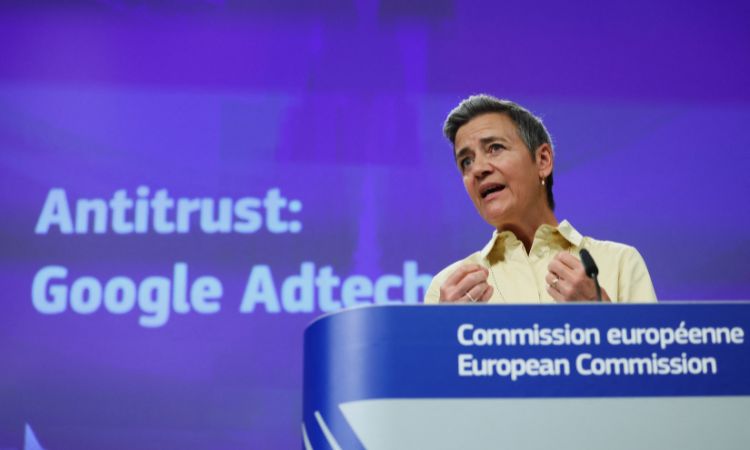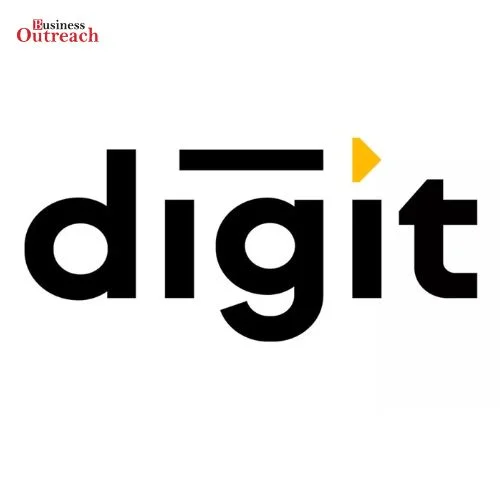Alphabet’s Google may be forced to sell a portion of its profitable ad tech division to resolve anti-competitive concerns, EU authorities warned on Wednesday, threatening the corporation with its toughest regulatory penalty yet.

Image@credit: Reuters
The European Commission laid out its claims against Google in a statement of objections two years after initiating an inquiry into practices such as favoring its advertising services, which may result in a punishment of up to 10% of Google’s annual worldwide revenue.
The stakes are greater for Google in its new battle with authorities since it involves the company’s greatest income generator, with advertising accounting for 79% of total revenue last year.
Its advertising income in 2022, comprising search services, Gmail, Google Play, Google Maps, YouTube advertisements, Google Ad Manager, AdMob, and AdSense, was $224.5 billion.
Google will have many months to react to the accusation. It may also request a confidential hearing before top Commission antitrust authorities and their national equivalents before the EU delivers a judgment, which might take a year or more. The corporation may also settle by providing greater remedies than originally offered.
According to EU antitrust commissioner Margrethe Vestager, Google may have to sell a portion of its ad-tech business since a behavioral remedy is unlikely to curb the anticompetitive practices.
Vestager said that investigations into Google’s implementation of a privacy sandbox set of tools to restrict third-party cookies on its Chrome browser, as well as its decision to cease making the advertising identification visible to third parties on Android handsets, will continue.
She said that the EU has worked closely with competition authorities in the United States and the United Kingdom.
The accusation was welcomed by the European Publishers Council, which complained to the Commission last year.
According to the Commission, Google prefers its online display advertising technology services over other advertising technology providers, advertisers, and online publishers.
It claimed that Google had abused its power since 2014 by preferring its ad exchange AdX in the ad selection auction conducted by its dominant publisher ad server DFP, as well as by favoring AdX in how its ad purchasing tools Google Ads and DV360 put bids on ad exchanges.
According to research company Insider Intelligence, Google is the world’s biggest digital advertising platform, accounting for 28% of worldwide ad revenue.
Google attempted to resolve the issue three months after the probe was launched, but authorities were irritated with the sluggish pace and lack of significant concessions, a source familiar with the subject previously told Reuters.















